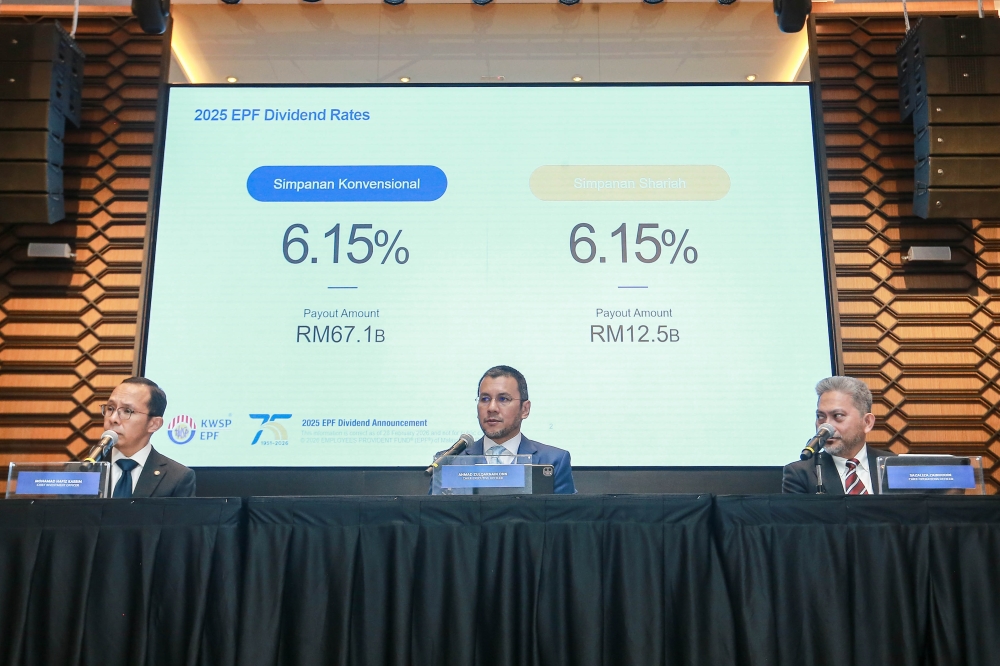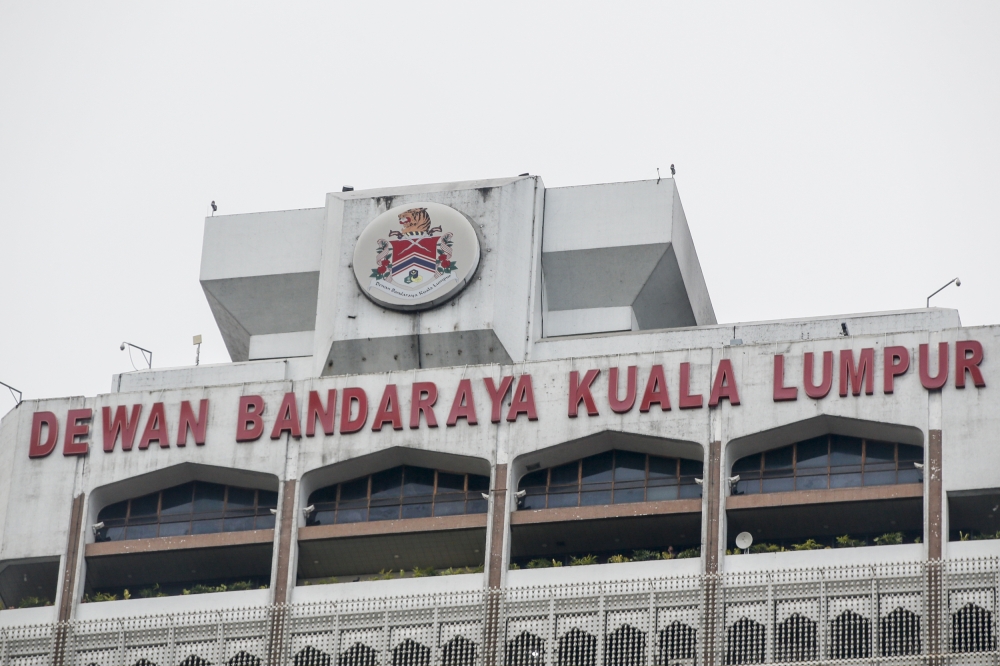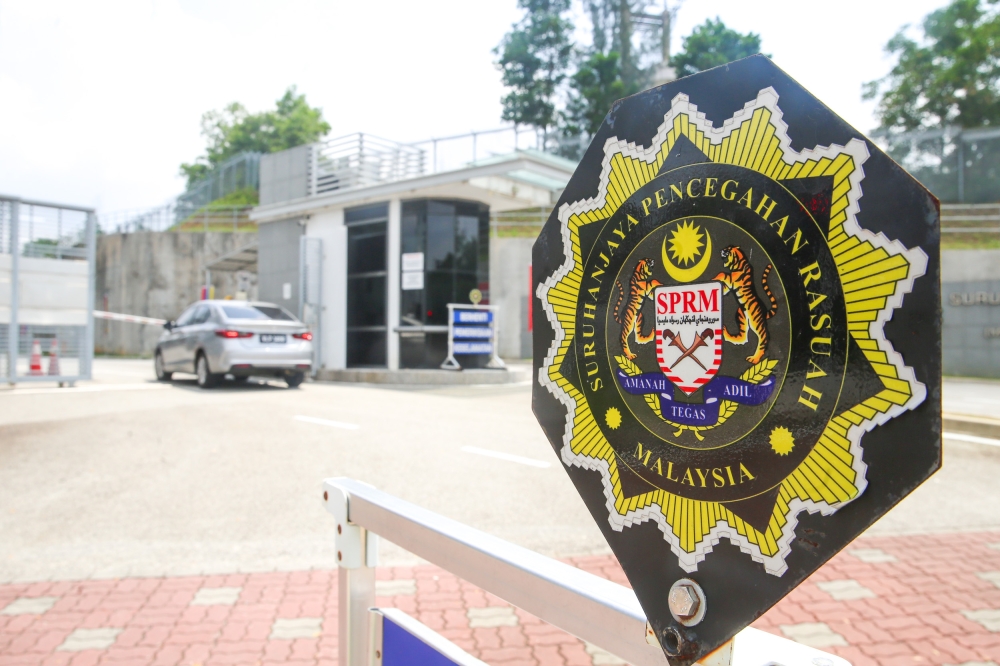SYDNEY, May 28 — A new study which looked at cruise ship passengers during the current pandemic has found that there may be more “silent” cases of Covid-19 than previously thought.
After Australian researchers spent time on an expedition cruise ship that had set sail in mid-March, after the World Health Organisation (WHO) had declared Cobid-19 a global pandemic, they decided to detail the results of the Covid-19 testing that was carried out on board on 217 passengers and crew members.
They explain that despite taking certain precautions, such as taking everyone's temperature before embarking and making hand-sanitising stations readily available on board, especially in the dining room, the first case of fever was reported on day eight of the expedition.
This led to further immediate control measures, such as confining passengers to their cabins and requiring crew members in contact with any sick passengers to wear PPE (personal protective equipment). In addition, on day 20, all passengers and crew were swab tested for coronavirus.
The results of the testing, which were published online today in the journal Thorax, showed that 59 per cent of those on board tested positive for coronavirus. However, of those who tested positive, only 19 per cent (24 passengers) had symptoms, and 81 per cent (108 passengers) had no symptoms.
The researchers, who are from Macquarie University, Sunshine Coast University Hospital and the Royal Australian College of General Practitioners, also note that there were 10 instances where two passengers sharing the same cabin didn't have the same test result, possibly because the current swab test gives a large number of false negative results.
They also add that the test results from the expedition suggest that the rate of “silent” symptomless Covid-19 infection may be much higher than previously thought and that rates of Covid-19 specifically on cruises is likely to be “significantly underestimated.”
Professor Alan Smyth, joint editor-in-chief of Thorax, commented in a linked blog that the findings also have implications for the easing of lockdown restrictions, which is currently taking place all around the world as many countries start the process of deconfinement.
He also notes that, “It is difficult to find a reliable estimate of the number of Covid-positive patients who have no symptoms,” adding that the 1 per cent suggested by the WHO in early March is much lower than the number found on the cruise ship.
“As countries progress out of lockdown, a high proportion of infected, but asymptomatic, individuals may mean that a much higher percentage of the population than expected may have been infected with Covid,” he adds, concluding that the findings from the cruise ship indicate an urgent need for accurate global data on how many people have been infected with Covid-19. — AFP-Relaxnews






















